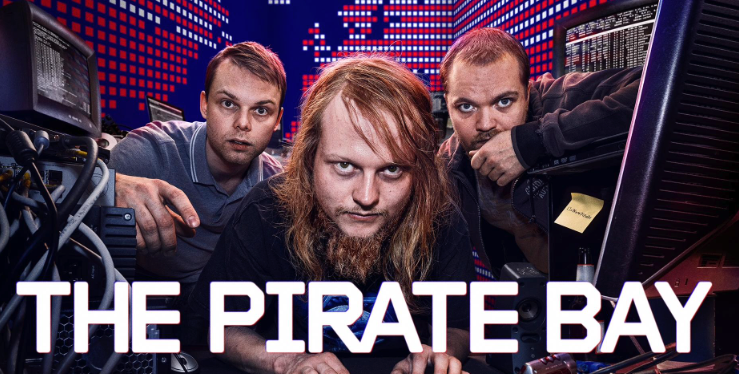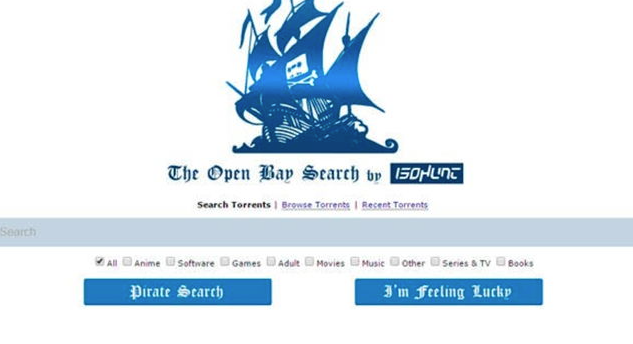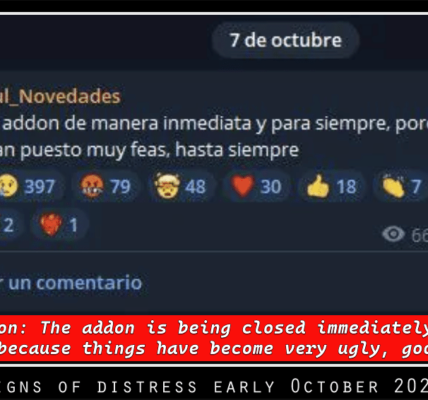The recent Pirate Bay TV series, which dramatizes the tumultuous history of the infamous torrent site, has sparked reactions from key figures involved in its creation. Peter Sunde, co-founder of The Pirate Bay, and Rasmus Fleischer of Piratbyrån have expressed dissatisfaction with the way their roles and the site’s story have been portrayed in the show. While the series aims to tell the story of the site’s rise and legal battles, the real-life figures behind it say it doesn’t capture the true essence of their experience.

Fictionalized Account of the Pirate Bay’s History
The Pirate Bay TV series is a work of fiction inspired by actual events. While it covers the site’s iconic rise, legal issues, and eventual shutdown, the creators have taken significant creative liberties in depicting the story. Many events, characters, and timelines have been altered or invented to fit the narrative of a traditional drama series. This blend of fact and fiction is something that Peter Sunde and Rasmus Fleischer feel distorts the true nature of what actually occurred.
For those directly involved with The Pirate Bay, such as Peter and Rasmus, the series misses the mark in capturing the spirit and motivations behind the site’s creation. The legal battles and the tension between the founders and the entertainment industry take center stage, but much of the social and cultural impact of The Pirate Bay is overlooked.
Peter Sunde’s Disappointment with His Depiction
Peter Sunde, who co-founded The Pirate Bay with Fredrik Neij and Gottfrid Svartholm, has expressed his frustration with how he was portrayed in the series. Peter, who declined to take part in the project, watched an unofficial screener before its release and found the portrayal to be inaccurate. He expressed disappointment that his name and words were used but his character was shown in a way that didn’t align with his true personality and beliefs.
For example, in the show, Peter is depicted as submissive to his boss at Siemens, something that Peter says is entirely false. The show also fails to capture the true chaos and disorganization that characterized the early days of Piratbyrån, the organization behind The Pirate Bay. Moreover, Peter feels the series oversimplifies the conflict with the entertainment industry, reducing it to a legal battle without exploring the broader cultural significance of their actions.
Peter also raised concerns about the fact that the entertainment industry—the very force that spent years trying to shut down The Pirate Bay—is now profiting from its story. He feels that the series commercializes a rebellious chapter of their lives and turns it into yet another Hollywood product.
Rasmus Fleischer’s Perspective
Rasmus Fleischer, another key figure from Piratbyrån, shared some similar concerns but offered a more philosophical take on the fictionalization. While he doesn’t deny that the show strays from the truth in several areas, he recognizes that telling the story of The Pirate Bay is a difficult task. Fleischer, who holds a Ph.D. in history, explains that trying to capture the full complexity of The Pirate Bay in a single narrative would be almost impossible. To make the story understandable, the creators had to focus on certain aspects while discarding others.
Fleischer found the portrayal of his character as someone who frequently delivers speeches about freedom of speech somewhat exaggerated. He explains that while he believed in freedom, Piratbyrån’s approach was not as philosophical as the show suggests. The group was more about trolling the system and using creative disruption rather than making lofty statements about rights.
Though Fleischer doesn’t feel personally offended by the show, he does wish the creators had explored the wider societal impact of The Pirate Bay. Instead, the series focuses primarily on the legal drama, which Fleischer finds boring and misses the mark of what the site truly represented. Nonetheless, he takes a lighter view, suggesting that the creators of the series are free to copy the story as they see fit, as long as they acknowledge their own interpretation of it.
The Pirate Bay’s Legacy and Cultural Impact
While the Pirate Bay TV series emphasizes the legal battles and courtroom drama, the true legacy of The Pirate Bay for Peter and Rasmus was about more than just circumventing copyright laws. Piratbyrån, the collective that helped create The Pirate Bay, wasn’t originally focused on file-sharing or even on piracy—it was about disrupting the established order and challenging institutional power. For Peter and Rasmus, the rise of The Pirate Bay was a culmination of their efforts to test the boundaries of the internet and digital freedom.
The show, however, primarily presents a legalistic narrative that emphasizes courtroom battles and lawsuits. While these events were certainly a significant part of the story, they don’t represent the full extent of what The Pirate Bay symbolized. For Peter, the entertainment industry’s focus on legal issues rather than cultural defiance and the free sharing of knowledge feels like a missed opportunity to tell the story of the site’s true impact.
The Pirate Bay’s Ongoing Influence
Despite their disappointment with the show, both Peter and Rasmus recognize that The Pirate Bay is still a significant part of internet history. The site, though no longer as central as it once was, remains an important symbol of internet freedom, file-sharing, and the battle against corporate control of digital media.
The creators of the Pirate Bay series may have taken creative liberties in telling the story, but the founders and key figures involved in its creation continue to influence how people think about copyright, freedom of speech, and the internet’s potential to challenge authority.
While the TV series might not be an entirely accurate reflection of what Peter Sunde, Rasmus Fleischer, and the others experienced, it remains a testament to the cultural and legal battles that made The Pirate Bay such a game-changing platform. The story of the Pirate Bay, in whatever form it takes, is one that continues to capture the imagination and provoke discussion, even years after the site’s founders have moved on.







